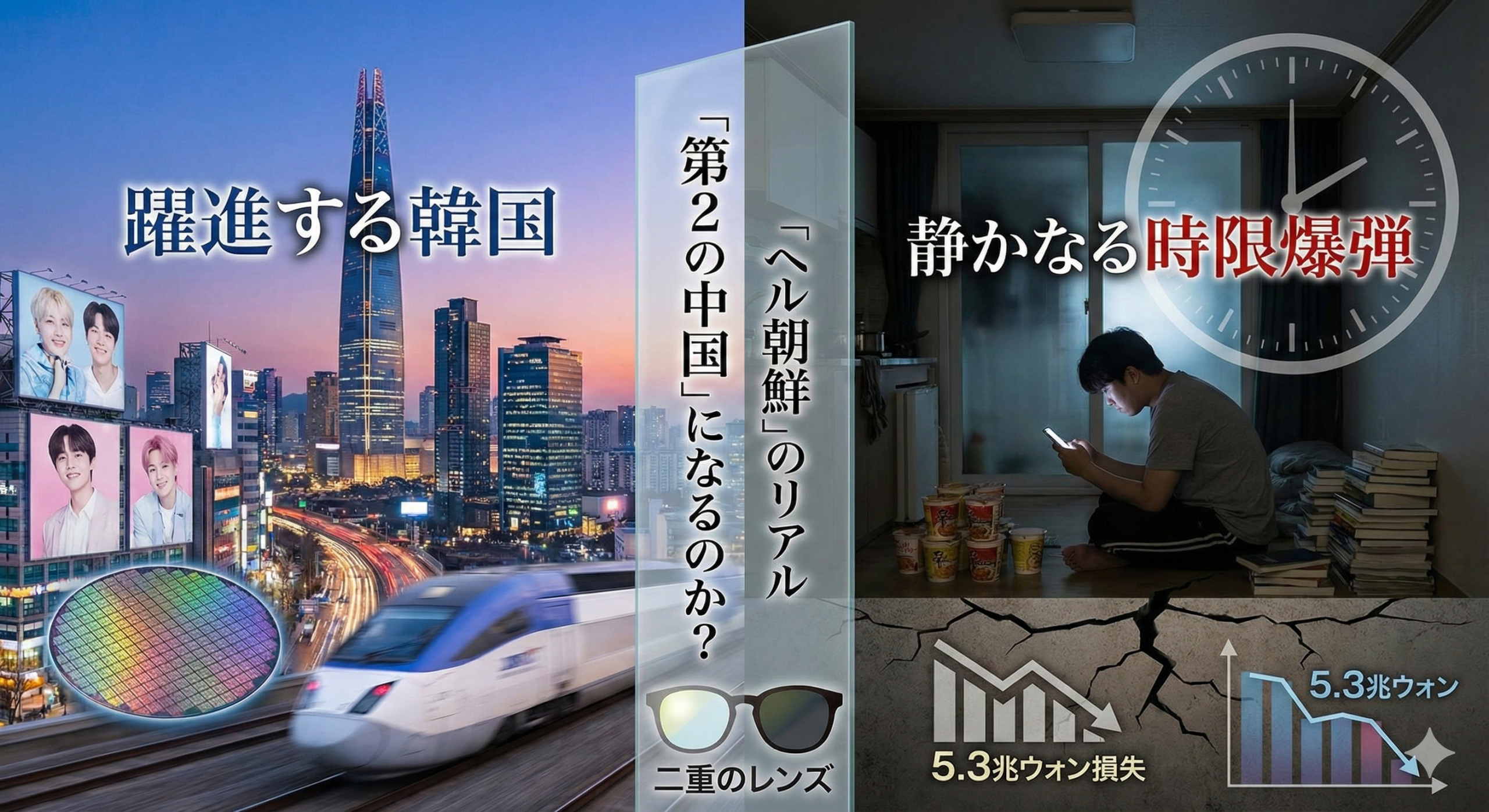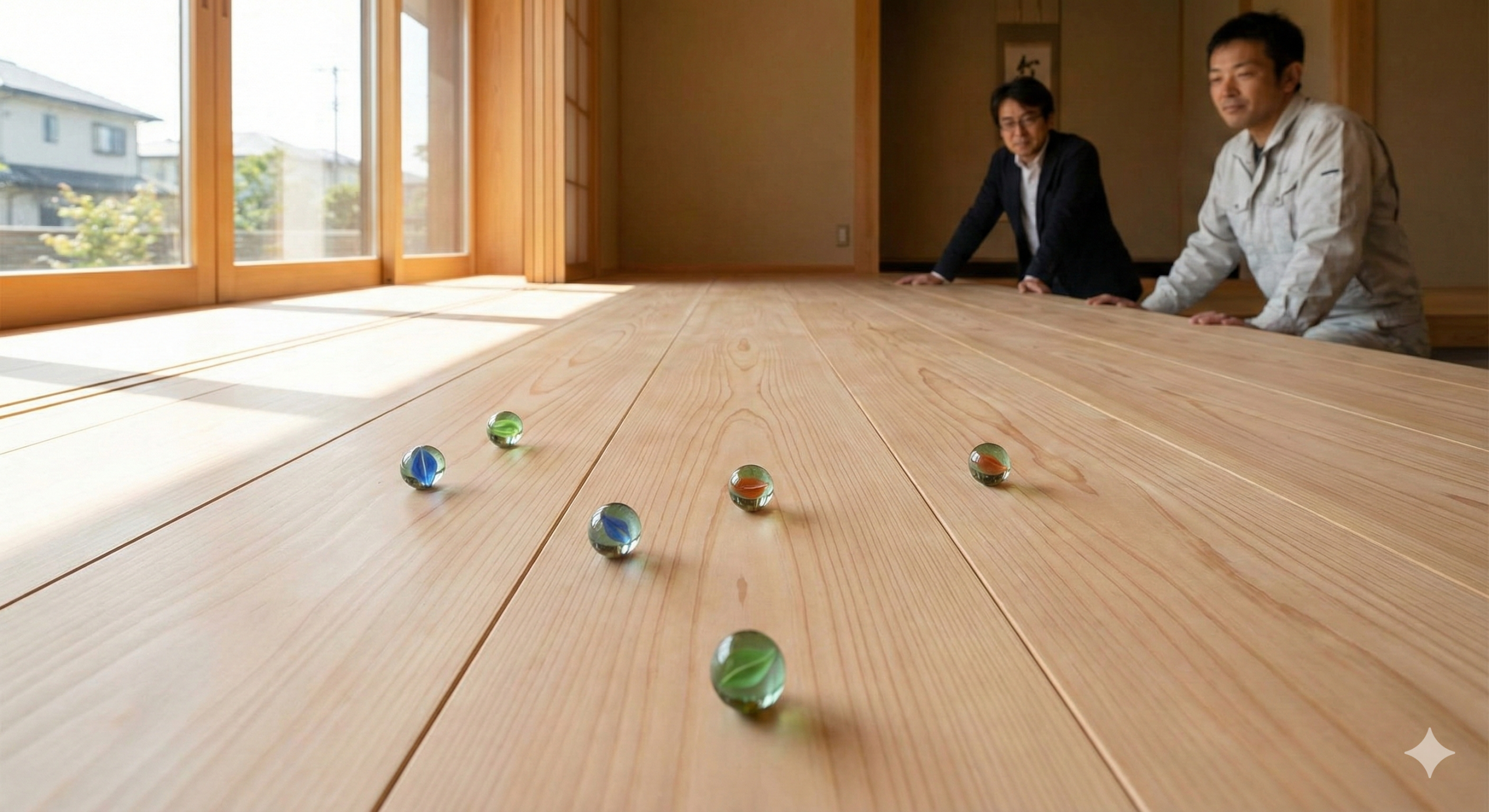※Translated with Notion AI. (Plus version)
We occasionally hear voices saying “Don’t sell land to foreigners!”
However, we live in a capitalist system.
Simply reacting emotionally to what these rules allow won’t solve the problem.
Moreover, merely venting immediate anger and frustration leads to fruitless discussions that lack understanding of actual mechanisms and solutions.
We need to accurately understand why foreigners can buy Japanese land and why regulations are difficult to implement.

Shanghai Electric Power’s Mega Solar Project
in Iwakuni City, Yamaguchi Prefecture
Current Situation of Foreign Land Purchases
In some regions, concentrated property purchases by certain foreigners have highlighted issues faced by local governments and residents.
For example, in some areas, foreigners who have bought large tracts of land have caused significant problems for local residents through uncontrolled tree cutting and repeated garbage dumping.

However, the simple solution of “just regulate sales to foreigners” isn’t realistic.
To understand why, we need to know about international rules and Japan’s legal system.
GATS International Agreement and the Barrier to Real Estate Regulation
It’s commonly accepted for Japanese people to purchase real estate overseas.
However, are you aware that while Chinese citizens can buy property in Japan, foreign property acquisition is strictly limited in China?
Behind this structure lies the World Trade Organization (WTO)’s international agreement “General Agreement on Trade in Services (GATS).”

Why doesn’t Japan implement regulations?
And what are the implications of this choice? This article delves into the core of this issue.







